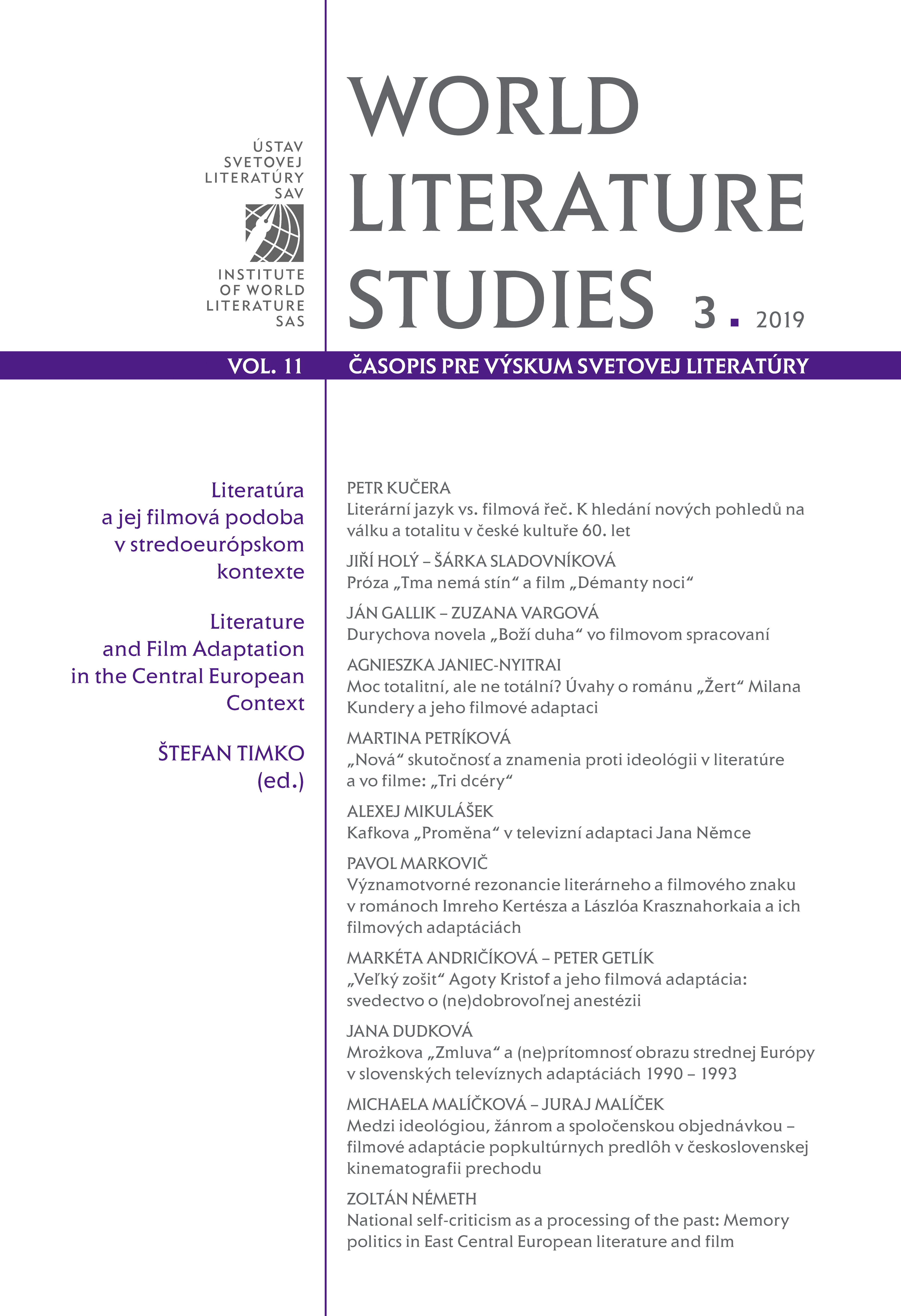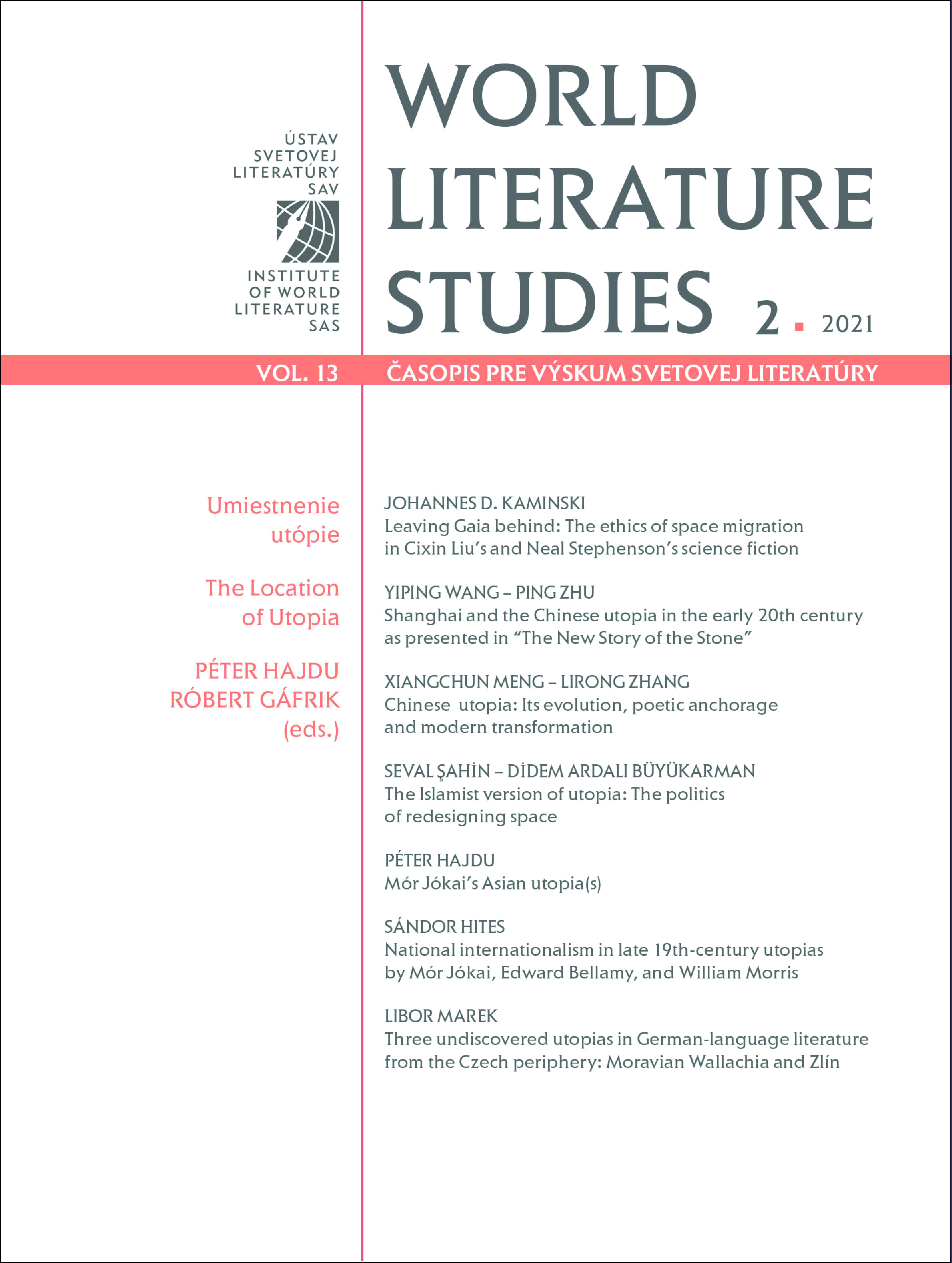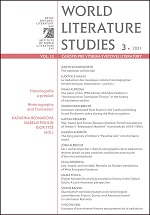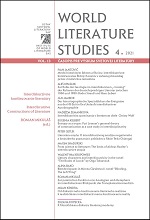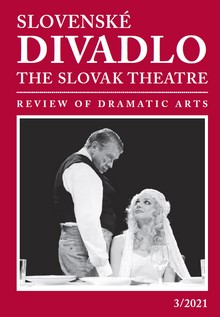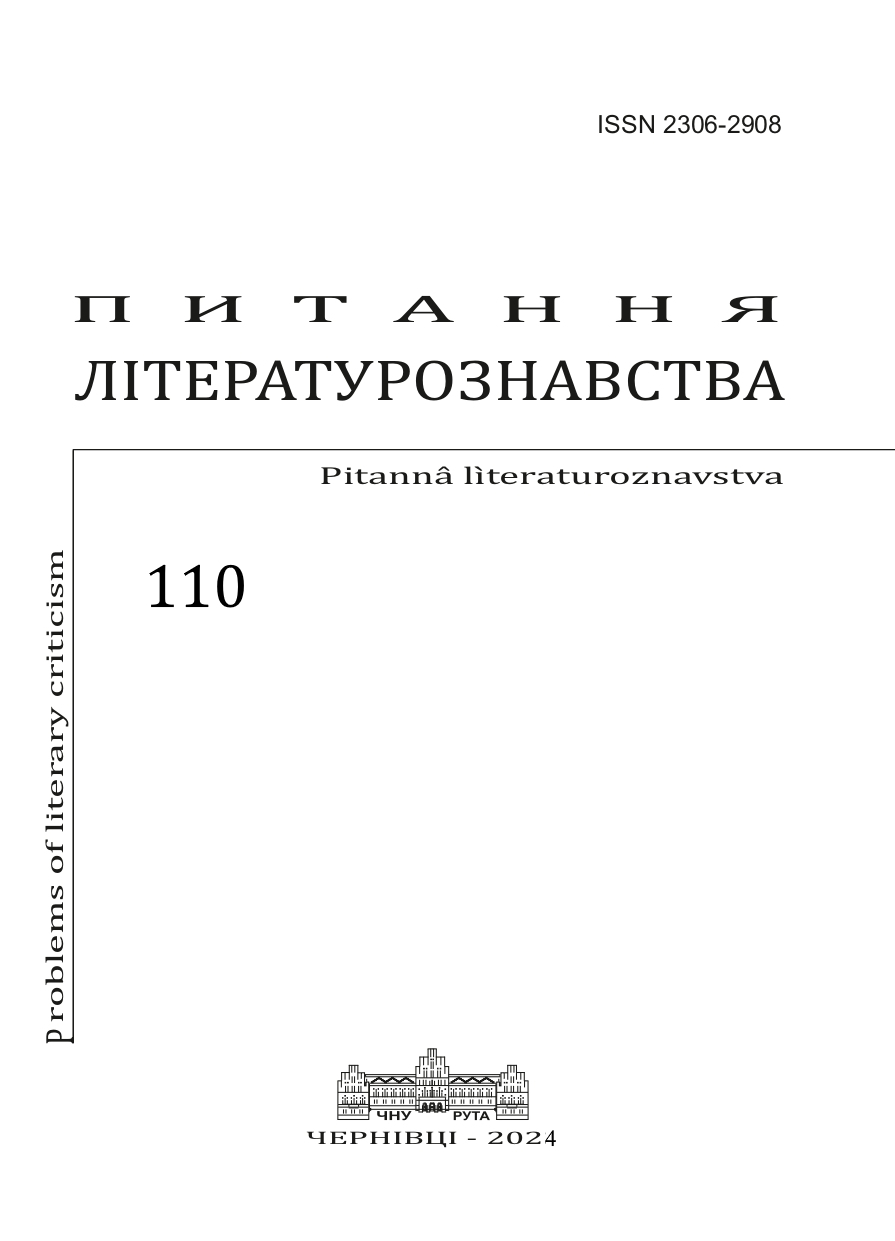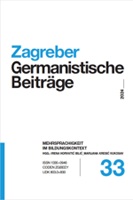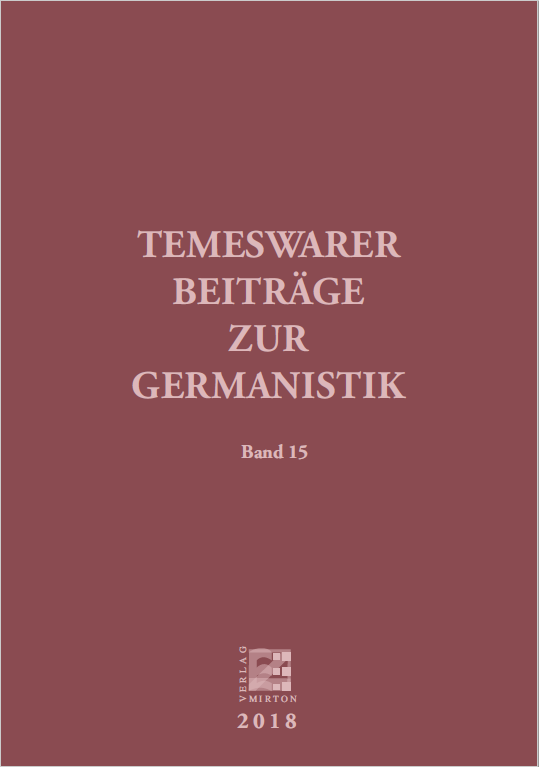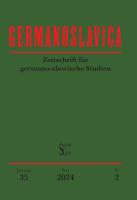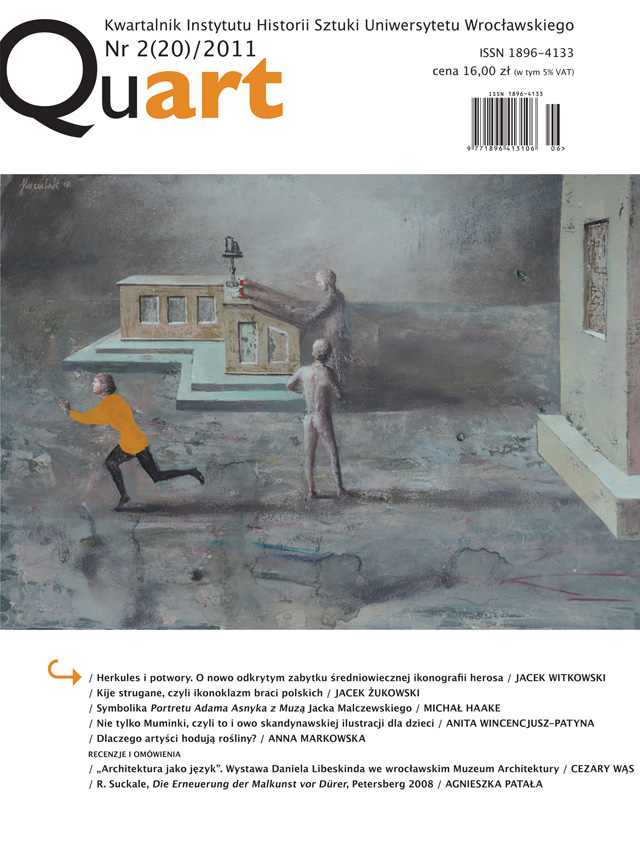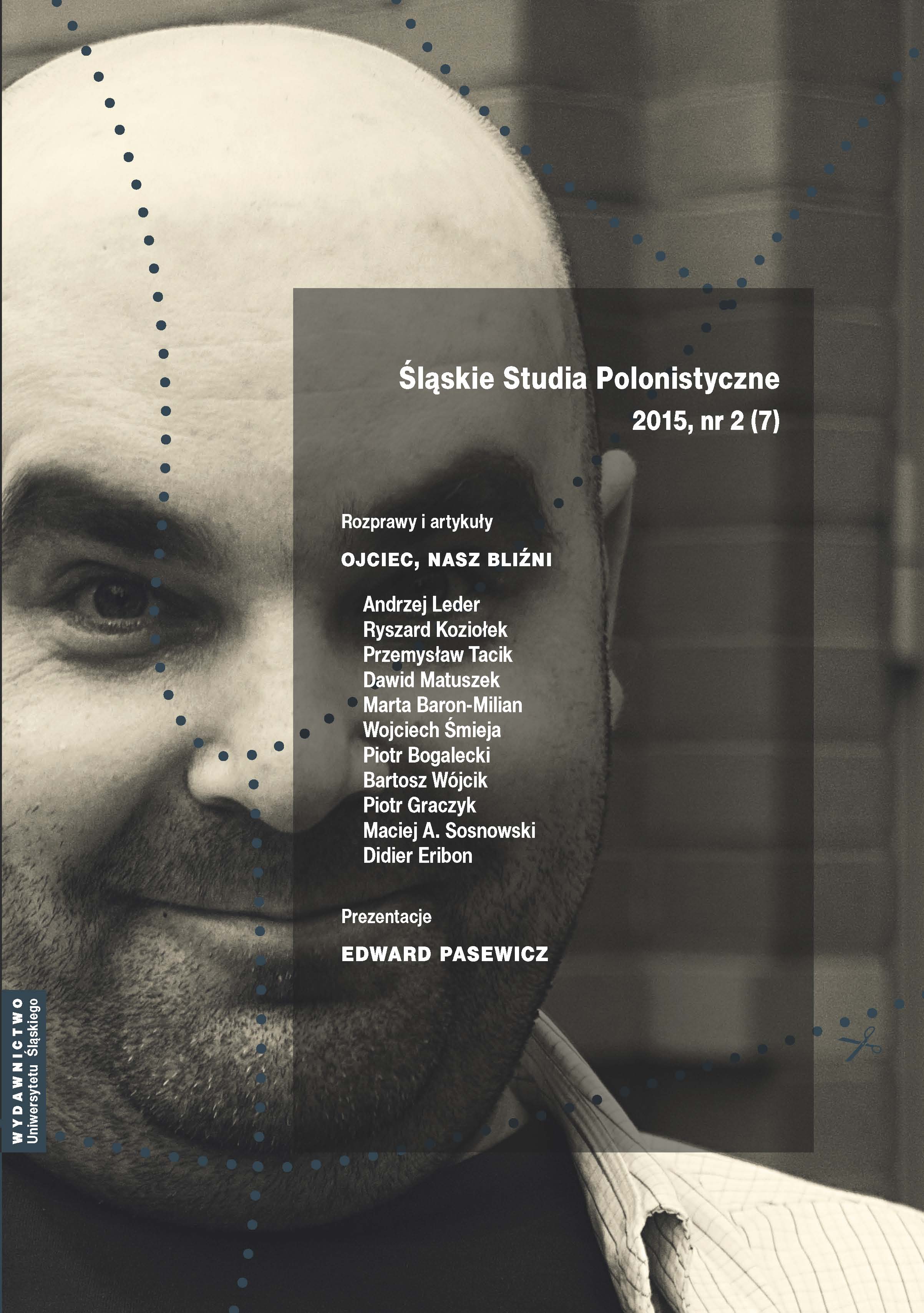
Żałoba i rewolucja. Refleksje heglowskie
The article takes up a problem of a complex relationship between Hegel and the French Revolution, of which the philosopher was both a great enthusiast and a brilliant critic. The point of departure for the analysis is a critical reading of the traditional interpretations of Hegel’s relation to the Revolution (J. Ritter and J. Habermas), which enables the author to develop a “speculative interpretation of the Revolution” on the basis of “Phenomenology of Spirit”. The key to the understanding of the dynamics of the Enlightenment, which found its culmination in the Revolution, is the inner dialectic of knowledge and faith which constitutes this epoch. The ideas of the Enlightenment become undermined by the opposition between the German (reformation) process of working through the relation between faith and knowledge and the French (revolutionary) repression of its mutual relationship. This paradox recognized by Hegel (in R. Comay’s interpretation) leads the philosopher to formulate a dialectic position: revolution with reformation would be the work of mourning (the process of working through) on this lost object (the world of faith), whereas revolution without reformation would remain only futile melancholy of terror, compensating for the lack of reformation. The paradoxical lesson for the present times (inspired by S. Žižek’s reading) which arises from Hegel’s interpretation is the following: cultural revolution (revolution in thinking itself, in utopian dreams) is the condition of possibility of the success of social revolution.
More...
